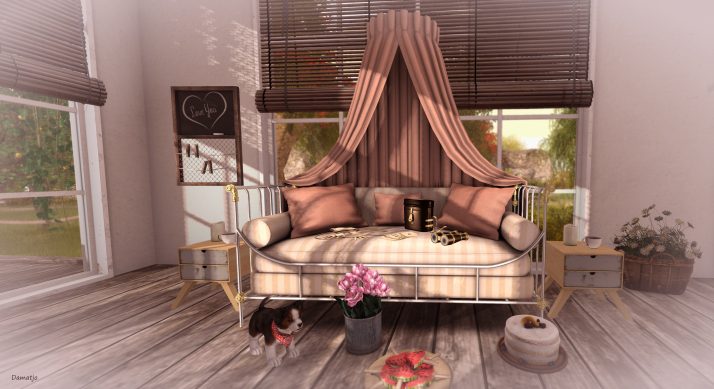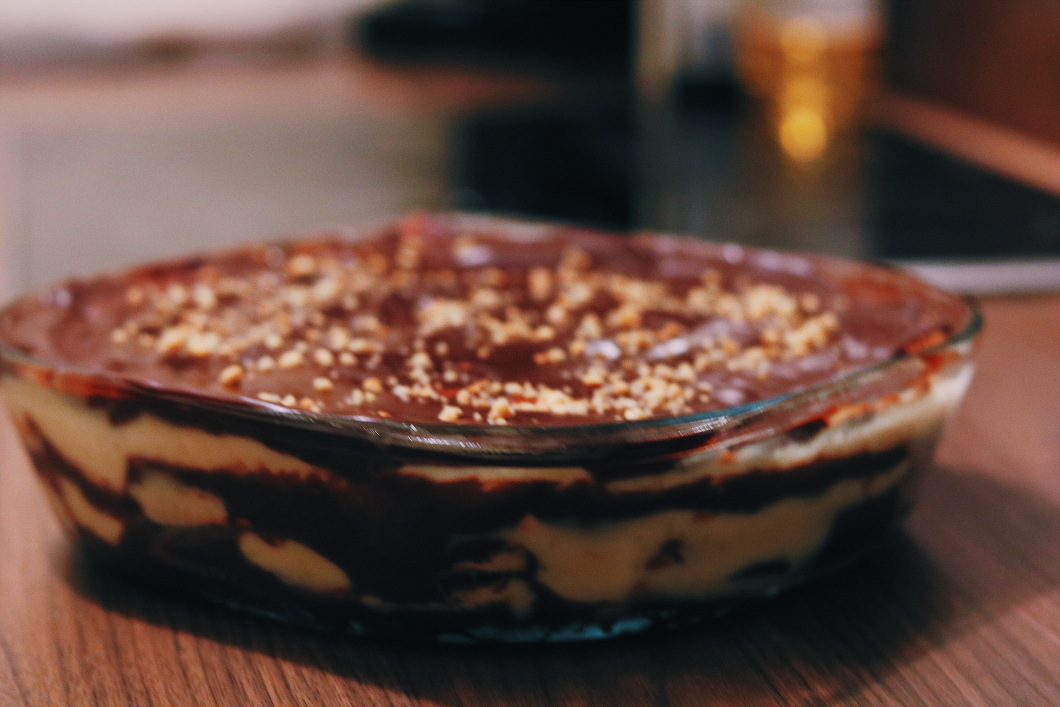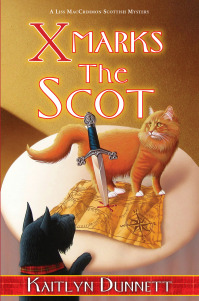 Last week, I read a post by suspense master, Steven James, called “The Devil Went Down to Georgia,” on the award-winning blog Writer Unboxed (Jan. 31, 2017). He warned against settling for less than your best, taking the easy way as an author, following the crowd—a number of things I agreed with 100%. His post was a good one, and I recommend that you read it. But for now, let me sum it up like this: If you’re going to be a writer, do it right.
Last week, I read a post by suspense master, Steven James, called “The Devil Went Down to Georgia,” on the award-winning blog Writer Unboxed (Jan. 31, 2017). He warned against settling for less than your best, taking the easy way as an author, following the crowd—a number of things I agreed with 100%. His post was a good one, and I recommend that you read it. But for now, let me sum it up like this: If you’re going to be a writer, do it right.
I’m not talking only about learning to write, though if you want to become an author, it’s vital that you do. I’m talking about investing yourself in this and realizing it’s a business, a career—a calling, if you will—that demands far more than mediocrity from you. If you sit around, waiting for that hussy of a muse of yours to bless you with her presence, then you’re not taking this seriously. You’re not a writer, you’re a hobbyist—or as one meme puts it, “you’re not a writer, you’re a waiter.”
In his post, Steven reminds us to “rage against mediocrity. Write worthy books, and tell the stories that God has given you to share with the world.” Wise words.
Only once did I disagree with something he said: “I have yet to read a self-published book that was ready to be published.”
Maybe he’s drawing some fine line between indie-pubbed and self-pubbed, or maybe he considers all non-traditional publications to be vanity pubs, I don’t know. These days, each term carries its own definition and connotation. But giving him the benefit of the doubt, I think he just doesn’t have time to read.
Over the years, since the self-pubbers began to squeal about the near-impossibility of going traditional, and since traditional publishers seem to offer so little to new authors, the number of indie books has skyrocketed. Along with the rise has come the realization that if indie is going to compete with trad, we have to be better and smarter about our writing and our writing careers. We have to pay attention to the details.
Judging from the sheer volume of requests to edit I received last year, indie authors have come to terms with the fact they need edits and revisions. They understand the need for professional covers and interior formats. They’re getting the idea that marketing is (perhaps a distasteful) part of the job, and they’re bellying up to the promotions bar. As I said, serious writers take this job seriously.
Believe me, I’ve read my share of onion-breath novels, books that needed considerably more polish before they hit the market. And I won’t give a book with an unprofessional cover a second glance. But bad novels with sorry-looking covers have become fewer. And considering the number of best-selling authors who have discovered the value of indie publishing, it’s safe to say the quality of self-published novels has risen to new heights.
For instance, let’s not forget my crit partner’s novel, Storming. KM Weiland pretty much swept the board of indie awards with that one.
Granted, authors can pick each others’ works to pieces—shoot, we can pick our own works to pieces; we’re never satisfied—but if we gave the indie world an honest look, we’d see that it’s improved considerably. And it’s still improving.
Share this:






